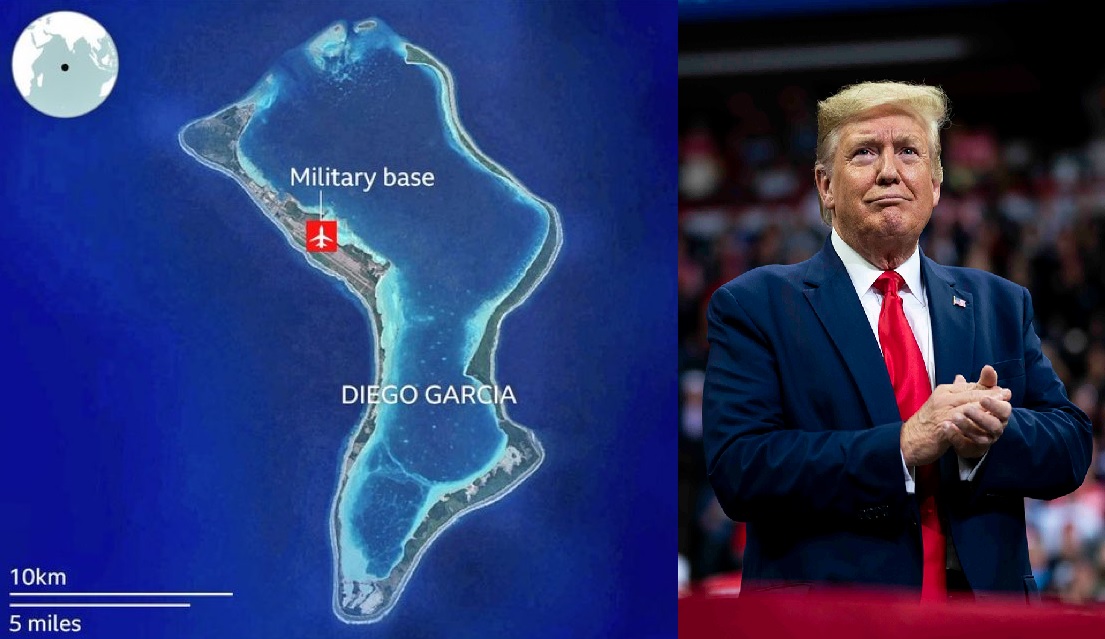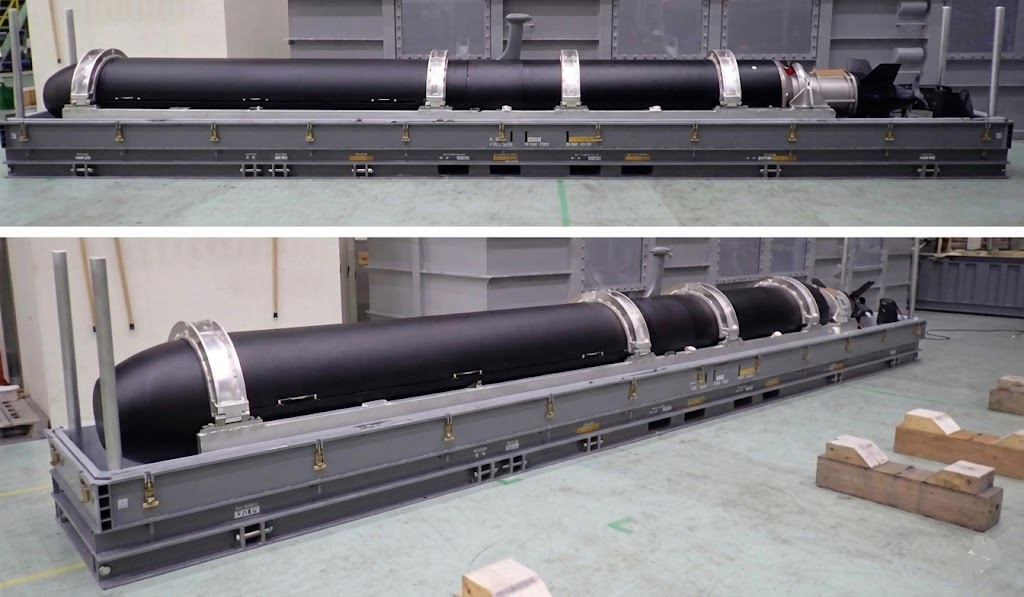Israel Drone Strike on Pakistani LPG Tanker: What Happened and Why It Matters

A dramatic maritime incident happned on September 17, 2025, when a Pakistani LPG tanker docked at Yemen’s Ras Issa port came under attack by an Israeli drone. The vessel, carrying 27 crew members—24 Pakistanis, two Sri Lankans, and one Nepali—was hit while it was stationed in an area under the control of Houthi rebels. The strike caused an explosion in one of the tanker’s gas containers, sparking a fire that was quickly brought under control by the crew.
Shortly after the attack, Houthi forces boarded the vessel and held the crew hostage. For days, their safety remained uncertain, until negotiations eventually led to the release of both the ship and its personnel. Pakistani officials later confirmed that all 27 sailors were safe and the tanker had managed to leave Yemeni waters without further damage.
The attack immediately raised questions about Israel’s motives. In recent years, Israel has been engaged in a shadow conflict with the Houthis, who have launched drones and missiles toward Israeli territory in support of Palestinian factions. The Houthis have also targeted commercial shipping in the Red Sea, often claiming to strike vessels linked to Israel or its allies. Against this backdrop, Israel’s decision to strike a tanker docked in a Houthi-controlled port appears to be part of its wider strategy to disrupt hostile networks and send a deterrent signal.
For Pakistan, the incident was a sudden and dangerous reminder of how regional conflicts can put its citizens at risk, even when they are working aboard civilian and commercial ships. Islamabad reacted quickly, with officials coordinating through multiple diplomatic channels to secure the release of the crew. Pakistan’s interior minister publicly thanked the country’s agencies for working around the clock to ensure the safe return of its nationals.
While no lives were lost, the attack has broader implications. The Red Sea and Gulf of Aden are critical shipping routes, and each strike or hijacking adds to instability that threatens global trade. With commercial ships now becoming pawns in the wider Israel–Houthi confrontation, maritime operators may need to reroute or enhance protective measures in the region.
The full reasons behind Israel’s decision remain open to interpretation. It may have been an act of preemptive security, a show of force against the Houthis, or the result of flawed intelligence linking the tanker to hostile networks. Whatever the cause, the incident underscores the volatility of Middle Eastern waters, where local conflicts often spill into international shipping lanes. For Pakistan, the safe return of its crew closed one chapter, but the risks for its seafarers in these contested waters remain very real.
About the Author
Aditya Kumar:
Defense & Geopolitics Analyst
Aditya Kumar tracks military developments in South Asia, specializing in Indian missile technology and naval strategy.






